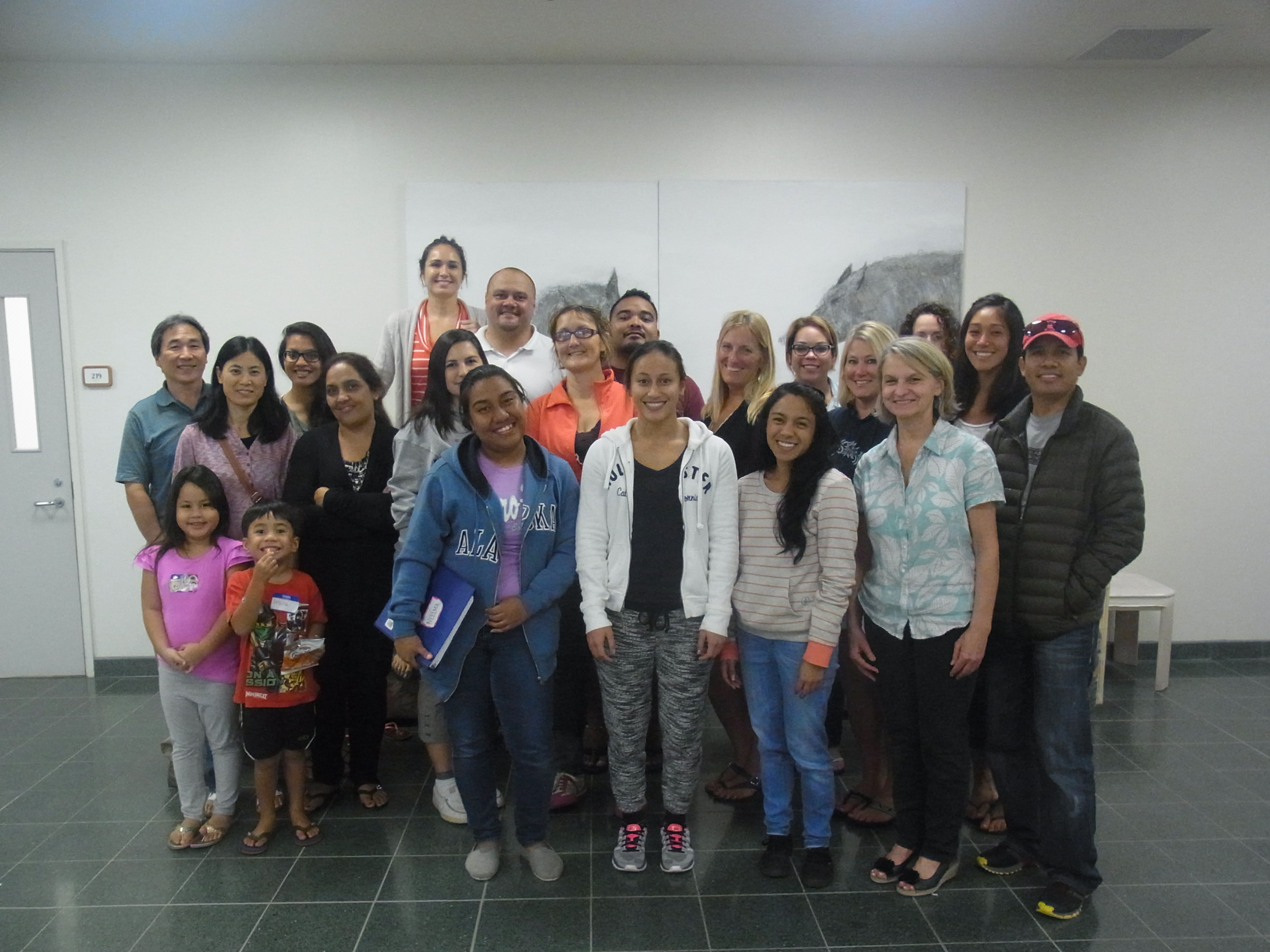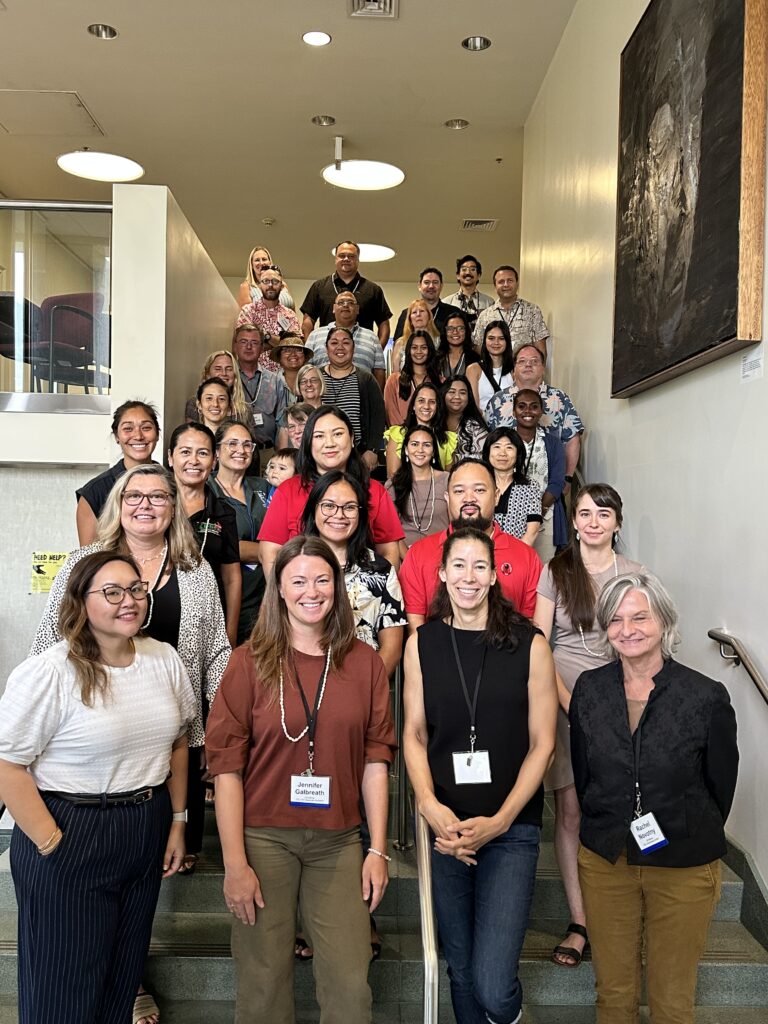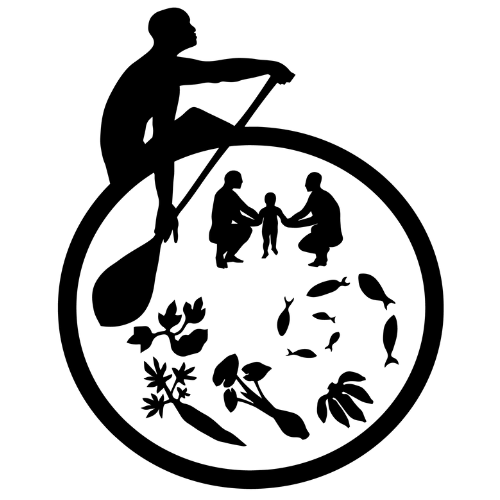THEN

In 2010, the Pacific Islands Health Officers Association declared a regional state of health emergency due to the epidemic of non-communicable diseases in the US-Affiliated Pacific Islands. This declaration led to uniting 5 US Land Grant Colleges across the region to represent their stakeholders with the common goal to prevent young child obesity and promote optimal health.
The Children’s Healthy Living (CHL) Program for remote underserved minorities of the Pacific region was established in 2010 and led by Dr. Rachel Novotny, 2022 ARCS Honolulu Scientist of the Year and UHM Researcher of the Year, along with numerous of co-investigators from the University of Alaska at Fairbanks, University of Guam, Northern Mariana College, American Samoa Community College, and the University of Hawaii at Manoa. The region included Alaska, Hawai‘i, Guam, American Samoa, the Commonwealth of the Northern Mariana Islands (CNMI) and the Freely Associated States (FAS), which comprises Federated States of Micronesia (FSM- Kosrae State, Yap State, Pohnpei State, Chuuk State), the Republic of the Marshall Islands (RMI) and Palau; the FAS is in “free association” with the US, politically and economically.
CHL’s goal was to build the social and cultural, political, economic, and physical/built environment to promote active play and intake of healthy food to prevent young child obesity in the Pacific region. The CHL program was awarded a community randomized clinical trial that successfully decreased the prevalence of obesity in the region. The intervention succeeded by prioritizing areas in food safety, nutrition, and health; agricultural systems and technology; and agricultural economics and rural communities. The mission was to elevate the capacity of the region to build and sustain a healthy food and physical environment to help maintain healthy weight and prevent obesity among young children in the Pacific region.
NOW

The CHL Program, now restructured as the CHL Center of Excellence, continues to support long-range improvement in and sustainability of agriculture and food systems and increasing the number of educators, practitioners, and researchers who receive the training and effectively model behaviors necessary to address the complex problem of childhood obesity prevention. The CHL center aims to enhance wellness of children, families, and communities in the Pacific, through training, testing of models, and program and policy advocacy. We aim to build on and support good works to move our Pacific environment to healthier food and physical activity.
Since our conception, we have expanded our efforts through research in food systems, food cost evaluation, and partnering with federal and state health agencies. We continue to provide job opportunities and training to young researchers, administrative staff, and students across the Pacific region.
